-
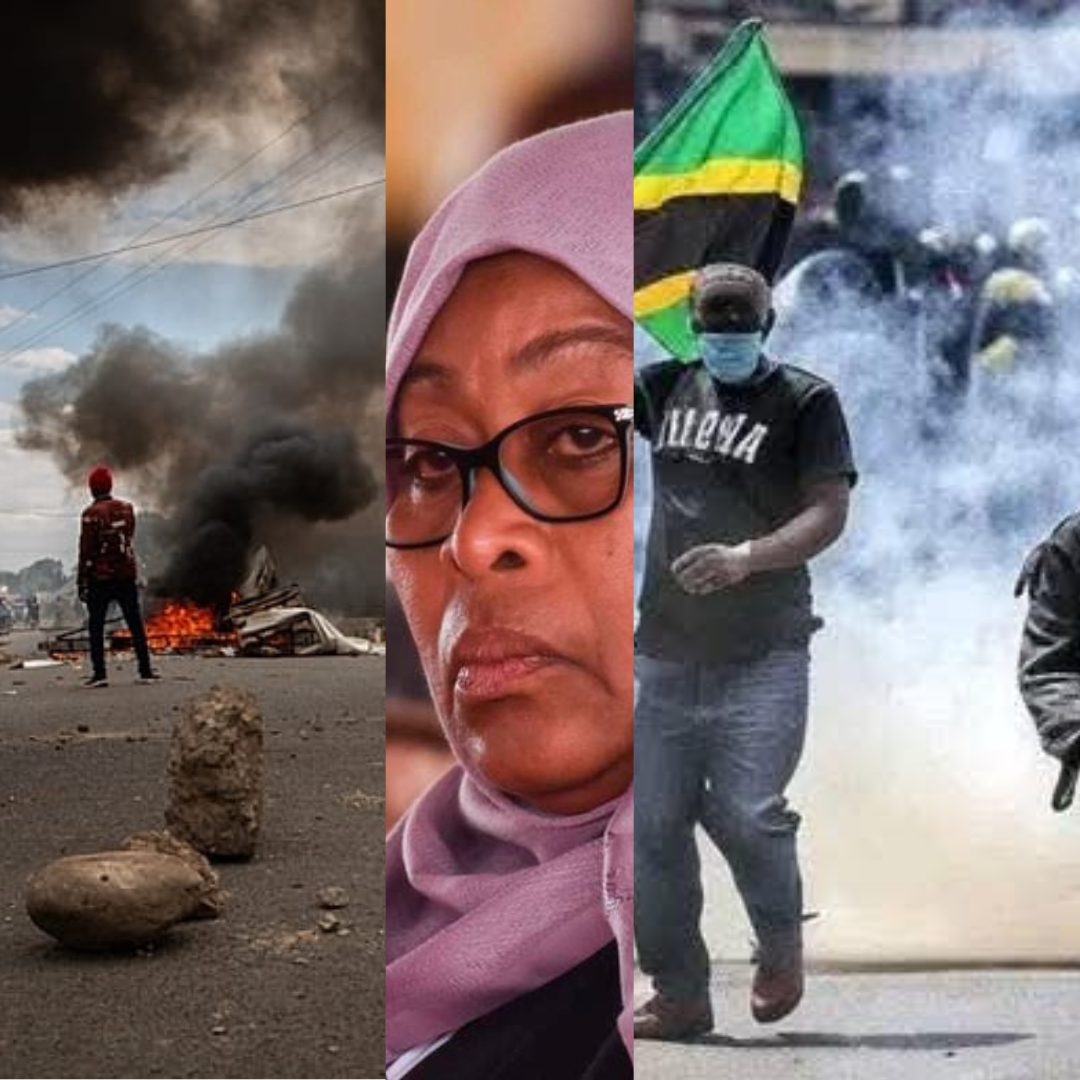 SULUHU STILL AS BONGO BURNS
SULUHU STILL AS BONGO BURNS
-
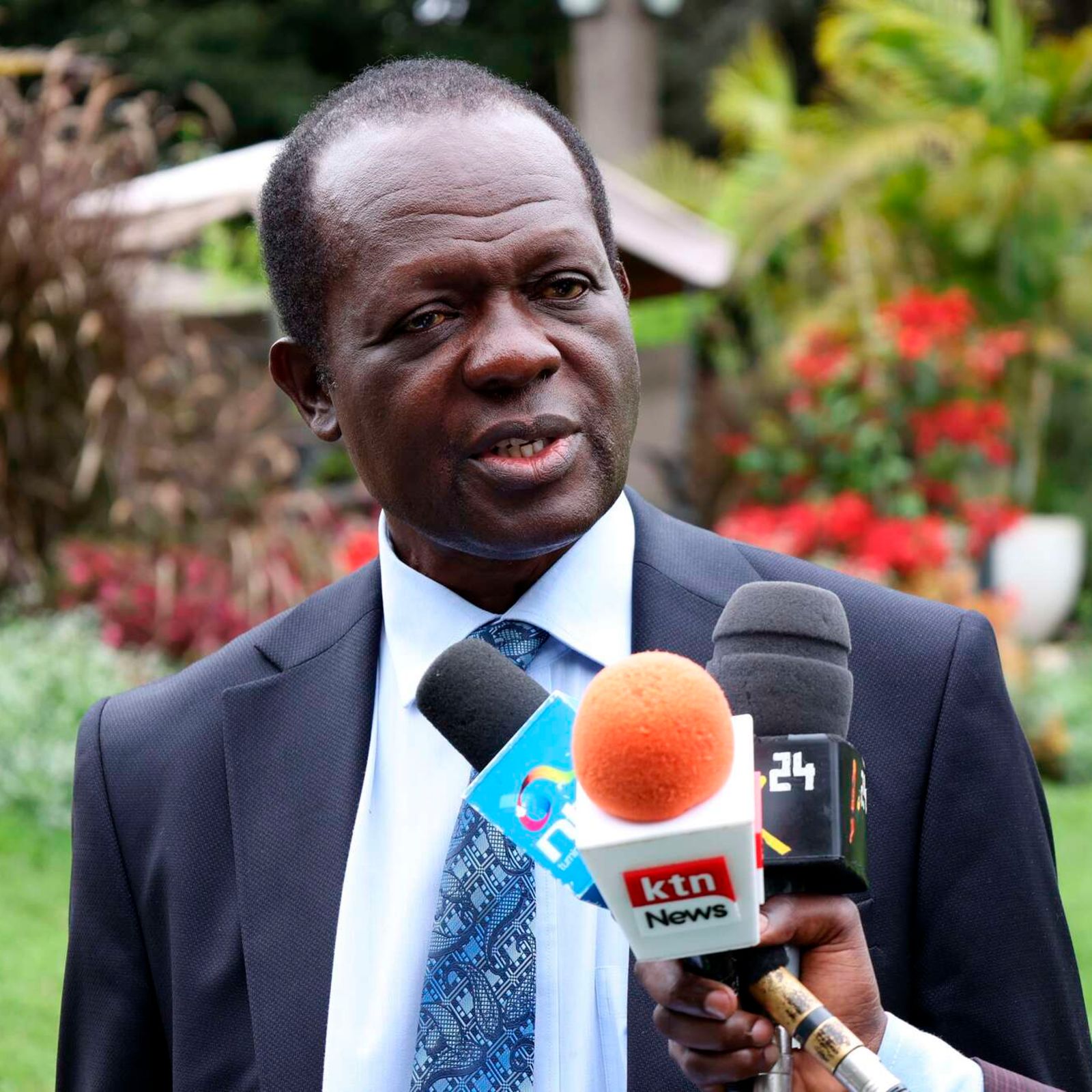 TUJU SETS TO RETURN TO HIS FORMER KTN NEWS DESK
TUJU SETS TO RETURN TO HIS FORMER KTN NEWS DESK
-
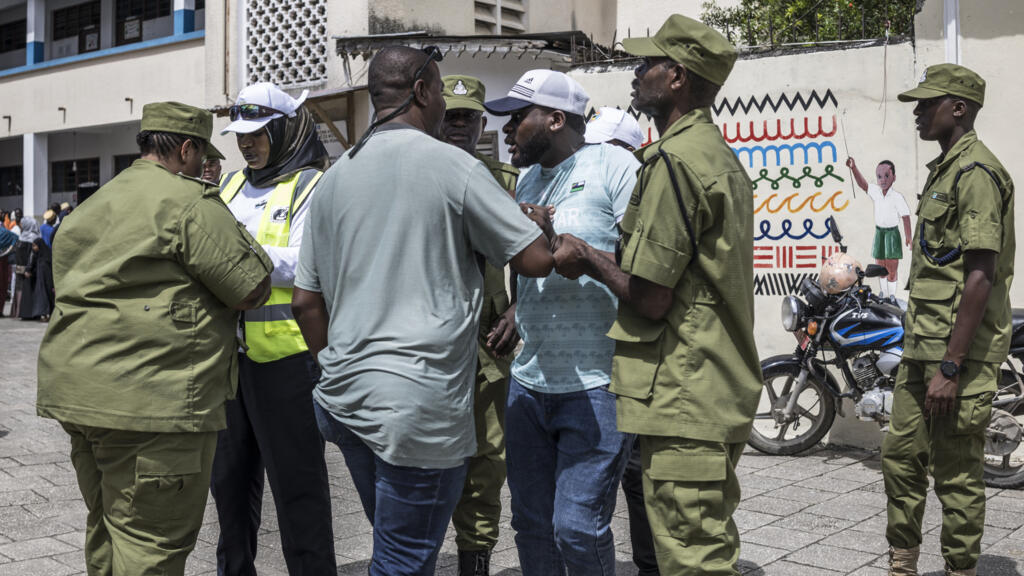 TANZANIA ELECTIONS CHAOS
TANZANIA ELECTIONS CHAOS
-
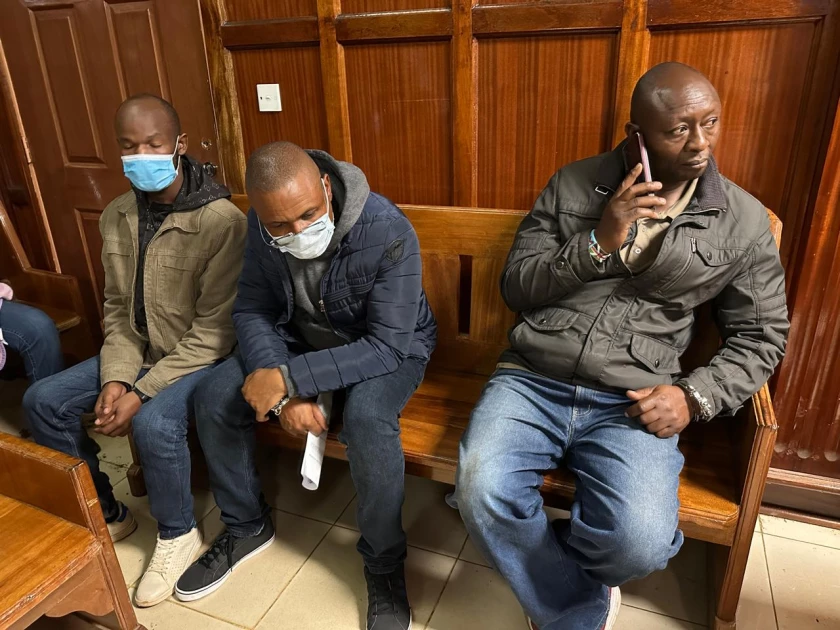 Five in SHA Fraud
Five in SHA Fraud
-
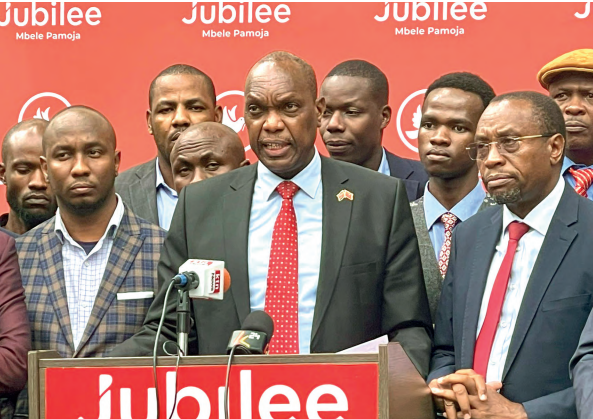 JUBILEE ENDORSES MATIANG'I AS PRESIDENTIAL CANDIDATE
JUBILEE ENDORSES MATIANG'I AS PRESIDENTIAL CANDIDATE
-
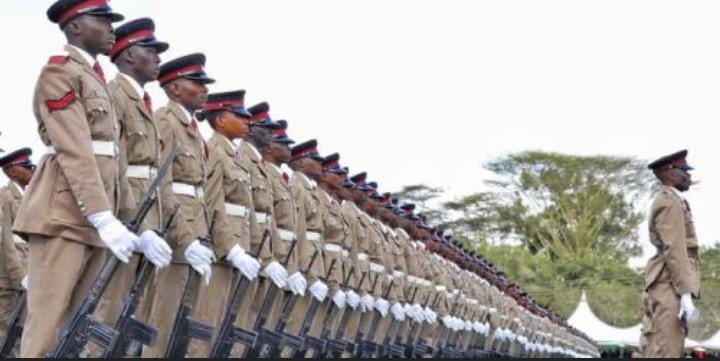 Court Halts Police Hiring
Court Halts Police Hiring
-
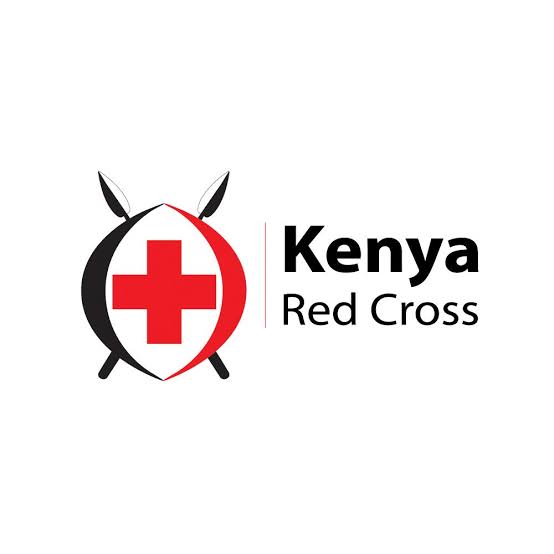 RED CROSS RESCUES A MAN
RED CROSS RESCUES A MAN
-
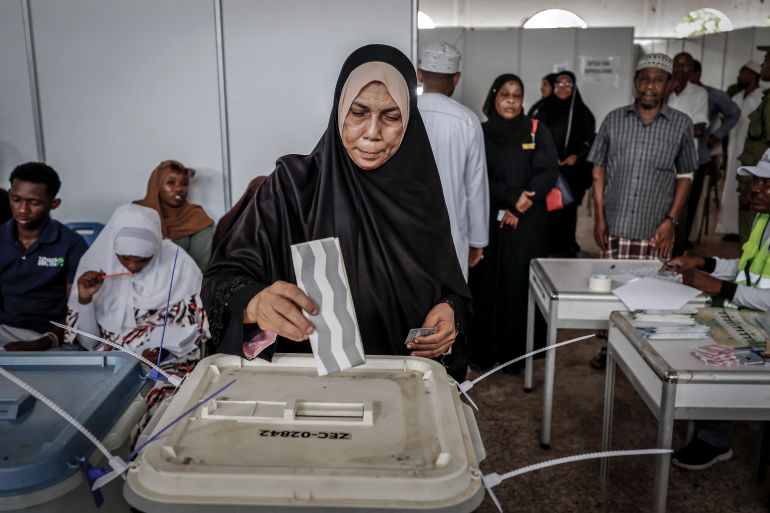 FEAR HAUNTS TANZANIA ELECTIONS
FEAR HAUNTS TANZANIA ELECTIONS
-
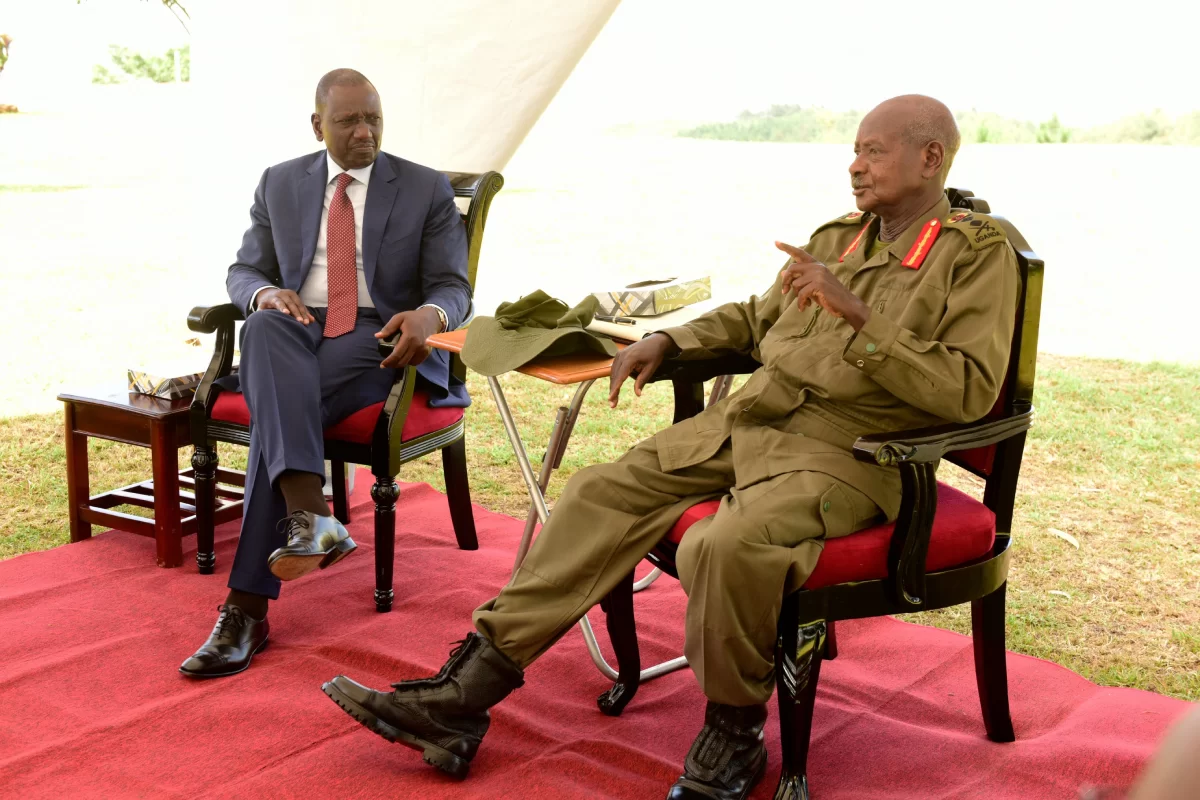 MUSEVENI TURNS HEAT ON RUTO - " KENYA MUST PAY FOR THE BLOOD OF OUR EXPERTS AND SOLDIERS."
MUSEVENI TURNS HEAT ON RUTO - " KENYA MUST PAY FOR THE BLOOD OF OUR EXPERTS AND SOLDIERS."
ONE HORSE RACE IN TANZANIA
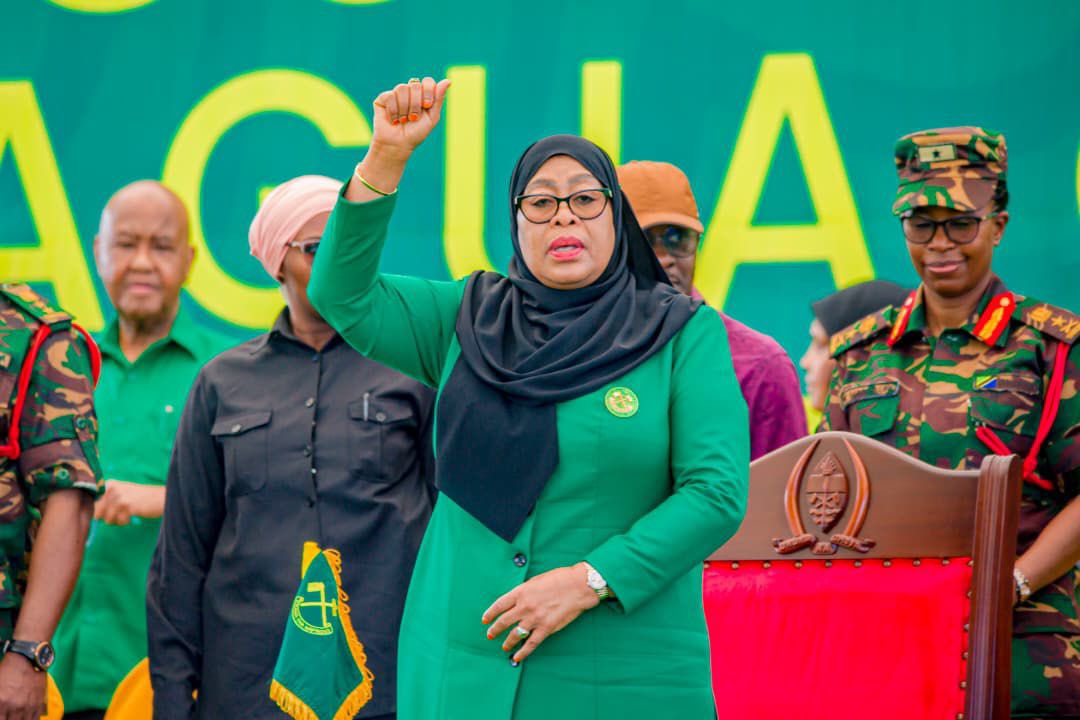
Tanzania’s upcoming general election has sparked widespread concern, with President Samia Suluhu Hassan accused of undermining democratic freedoms and turning the polls into what many describe as a one-horse race.
Once viewed as a reformist who would steer the country away from the repressive politics of the past, President Suluhu now faces accusations of tightening control over opposition parties, the media, and civil society as she seeks her first full term in office.
Key opposition figures, including CHADEMA leader Tundu Lissu and ACT-Wazalendo’s Luhaga Mpina, have been disqualified from running. Lissu — a longtime critic of the government — was recently arrested and charged with treason, sparking outrage from rights groups and opposition supporters who accuse authorities of silencing dissent ahead of the polls.
Opposition parties claim the ruling Chama Cha Mapinduzi (CCM) is using state institutions to intimidate critics and block rival campaigns. Reports of denied rally permits, arrests of opposition members, and restrictions on media coverage have fueled fears of shrinking democratic space.
Amnesty International and other human rights organizations have raised alarm, citing arbitrary arrests, censorship, and harassment of activists. “Without fundamental freedoms, the election cannot be considered credible,” said Amnesty’s Regional Director for East and Southern Africa, Tigere Chagutah, urging authorities to end the crackdown.
The situation worsened after the government banned the use of X (formerly Twitter) nationwide just days before the election. Officials claim the move was meant to curb misinformation, but many see it as an attempt to control information and silence opposition voices. Only government accounts, including that of President Suluhu, are reportedly exempted from the restriction.
Freeman Mbowe, CHADEMA’s national chairperson, condemned the ban as a “digital blackout” designed to suppress transparency. Civil society groups have warned that restricting online platforms undermines public trust and the credibility of the vote.
The Tanzania Human Rights Defenders Coalition (THRDC) has documented numerous cases of harassment targeting activists and election monitors. “The civic space is narrowing at a worrying rate,” said Onesmo Olengurumwa, the group’s coordinator, calling for greater openness in the electoral process.
President Suluhu came to power in 2021 following the death of John Pombe Magufuli, pledging unity and reform. While she initially eased restrictions on opposition gatherings and media, observers say her administration has since reverted to the same heavy-handed tactics that once defined Magufuli’s rule.
Analysts warn that the disqualification of top challengers and the suppression of free expression could erode Tanzania’s democratic reputation. Despite official assurances of a fair process, many believe the election’s outcome is already decided.
As the country heads to the polls on October 29, President Samia Suluhu Hassan has already exuded a confident demeanor, her campaign posters dominating streets and towns — a gesture seemingly meant to intimidate her relatively weaker rivals.
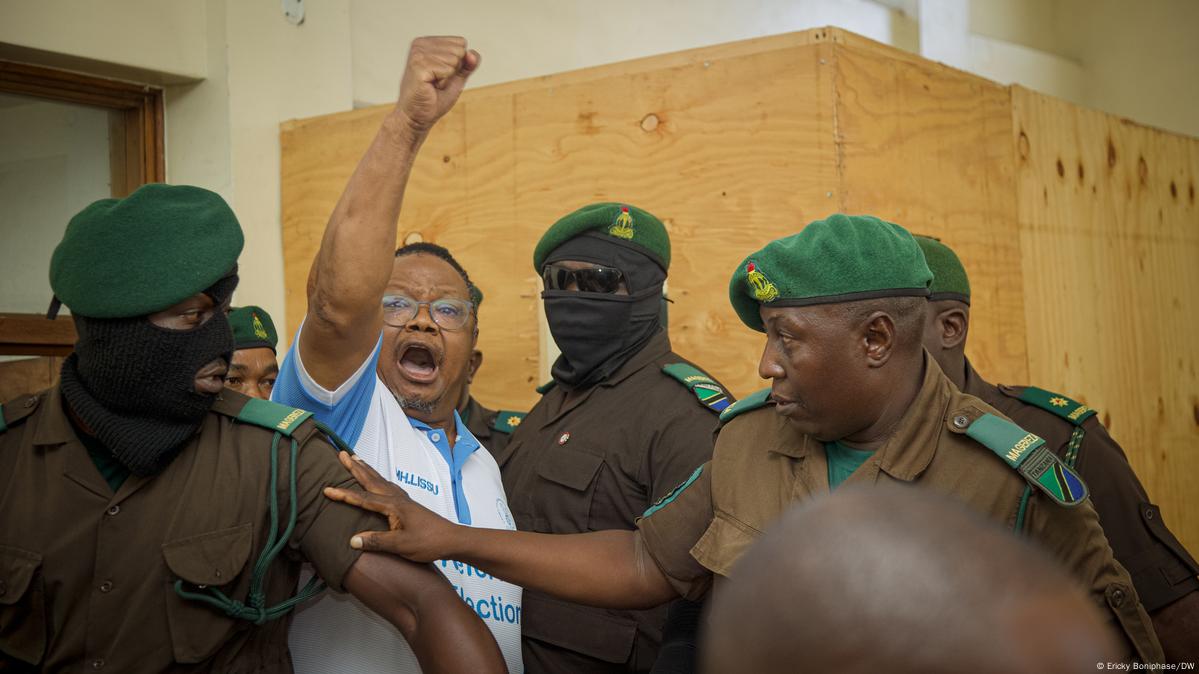


Comments (0)
No comments yet. Be the first to comment!